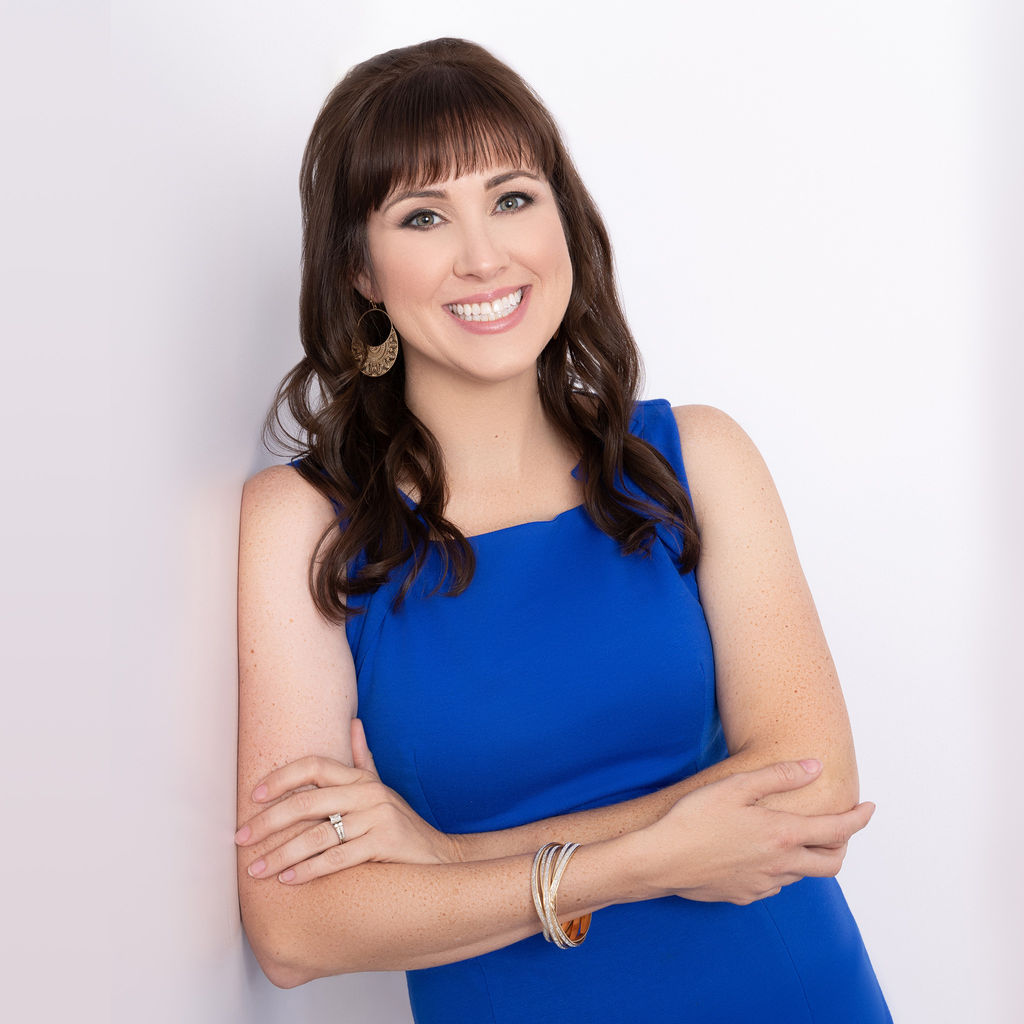Throughout your life, you’ll inevitably face many significant personal experiences. Even the most exciting — like earning a degree or moving to your “dream city” — can be emotionally jarring. However, it’s possible to continue doing your best career-wise even when you’re in the midst of major changes. The secret is to plan so you’re prepared for future pivots.
Of course, some transitions may take you by surprise. There will be changes you can’t foresee. But a few are very common and predictable, including the four listed here. For each one, I’ve given ways to adapt without derailing your professional journey or missing out on opportunities.
1. Keep learning during your immediate post-college life.
Even if you’ve always pictured life after the rigors of campus and academic expectations, moving into your own place, paying all your bills, and dealing with all your obligations can seem overwhelming. Many young adults feel out of their element in the first months or years after college. This is completely normal. Just remember to stay grounded as you spread your wings by looking for chances to make the transition to work as smooth as possible.
Christine Keller, director of career coaching and career communities in Washington University’s Center for Career Engagement, encourages all recent grads to cultivate a positive outlook on what lies ahead. “New graduates must actively embrace change,” she says. “Be open to new information, methods, and behaviors to accelerate learning. Those first six months are times to move carefully to navigate through the culture and politics of an organization to demonstrate early performance wins.”
Remember: What you learned in the classroom can translate to your job (even if it doesn’t translate perfectly). You will have more to learn, so conduct a skills gap analysis to identify ways to stay ahead of the curve. Attend workshops, gain certifications (especially if your employer covers fees), and don’t forget to stay in touch with your college’s or university’s alumni organization.
2. Focus on reinvention after a career break.
Have you taken a break from your original career path? It happens. A recent LinkedIn survey shows that 62% of peoplesay they’ve taken a career break before. Though temporarily stepping out of the labor market can allow you to de-stress, it isn’t a good idea to stop thinking about your occupational path altogether. If you do, you might scramble and take an unfulfilling job when your gap ends.
What can you do while you’re taking a break? Be sure to reflect and consider talking with a career coach. You should also spend time either upskilling or reskilling. For example, you might want to take courses online or at the nearest campus location. Alternatively, you might prefer to read books on your own. If you’re more of a philanthropic self-learner, you can hone skills while volunteering for a charity.
Bettering yourself will leave you feeling more confident when you decide your career break should come to an end. You’ll have more to talk about during interviews and potentially more to add to your resume. Plus, you might have met other people along the way who can become references or point you toward job openings.
3. Spend midlife transitions leveraging your previous credentials.
You may make a midlife transition to a new career. Most individuals between the ages of 35 and 44 change jobs roughly 2.9 times. This shouldn’t be a shock considering the mobility options that workers have today. People no longer have to stay in the same line of work from their 20s until retirement. They can shift midstream to follow new pursuits.
With that being said, the idea of just “tossing away” a known profession can produce a lot of anxiety. To increase your comfort, consider all the transferable skills you bring to an untested career. Most job seekers have tremendous capabilities that they’ve never realized were assets. Knowing what yours are can make you feel less like you’re starting completely fresh and back at “square one.”
To be sure, making a midlife career move won’t happen fast. You’ll need to be patient and perhaps a little stubborn. It may take time for others to see you as a viable candidate for jobs. Again, this is where having a mentor or coach and taking classes or joining associations can be vital.
4. Release yourself from the “perfect” parenthood balance fallacy.
Becoming a parent can be joyful, but balancing your life afterward can be downright difficult. Instead of trying to find a perfect work-life balance, strive to do what you can. It’s easy to feel like you’re not doing enough for your family or employer. But being realistic — rather than a perfectionist — will give you peace of mind that you’re always doing the best you can.
The last thing you want is to find yourself burned out like 66% of other working parents. Burnout is a serious condition that can leave you completely depleted. Before you reach that point, put measures in place to ease your demands. For instance, you might want to talk with your manager about setting up more flexibility in your work schedule to accommodate your growing family. If you can afford to, you might even see if you’re able to move to part-time hours for a limited period while you adjust.
Above all else, be kind to yourself. No working parent can do it all. You’ll sleep much better at night (at least after the infancy stage passes) if you let go of unrealistic expectations and focus on creative solutions. As Yael Chatav Schonbrun says in a Washington Post opinion piece, having a growth mindset is key. Schonbrun explains, “In working parenthood, such a mindset means being flexible, assertive, resilient, and discerning in the face of work-family conflict. This way of thinking helps you embrace the conflict between parenting and working and could turn that conflict into a positive benefit.”
The next time you see a life transition in front of you, take time to prepare for what it will bring. A bit of planning will help you stay on track professionally and personally.


